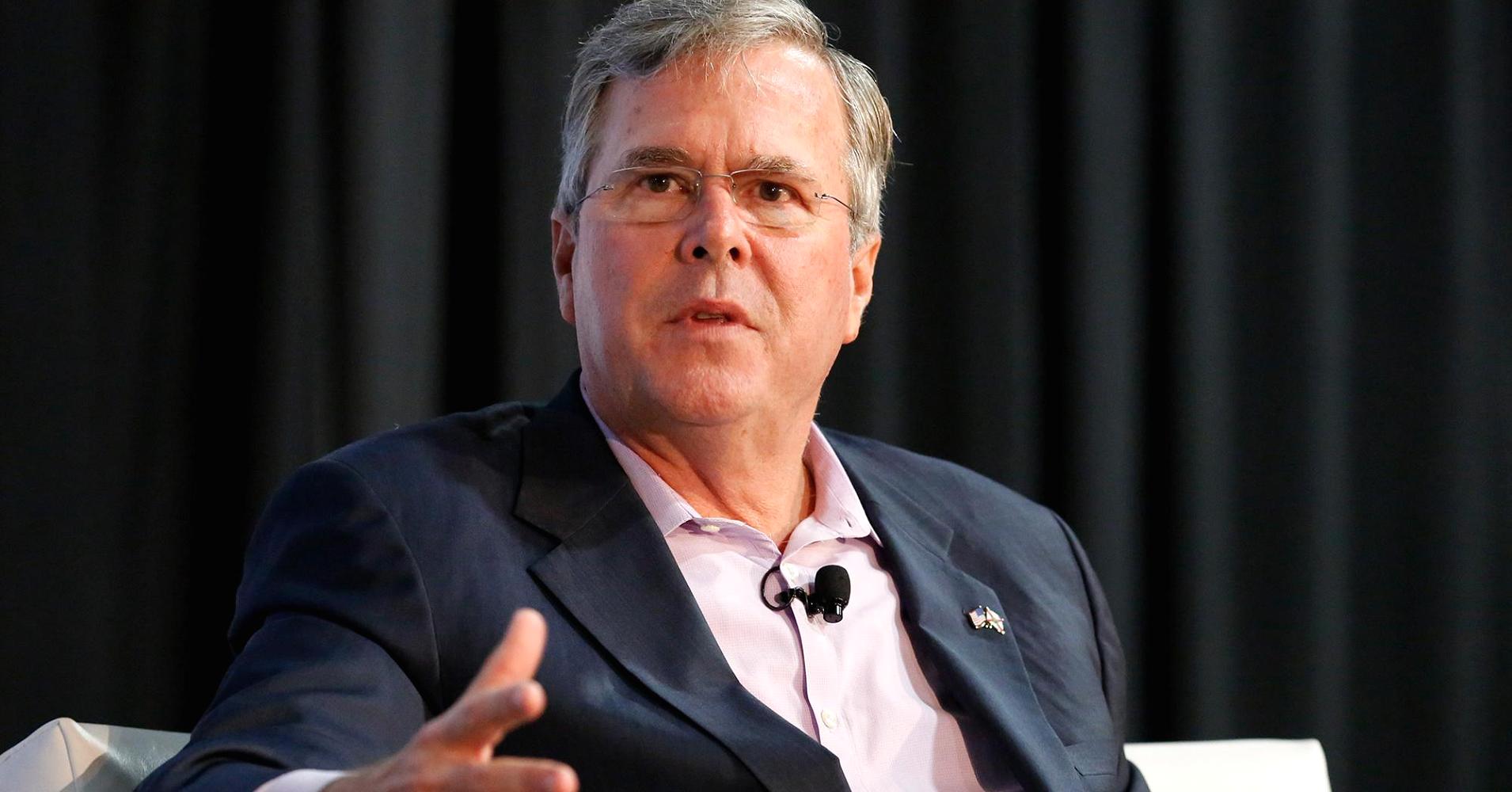
Research consistently shows that earning a college degree from an accredited nonprofit school adds millions to a worker’s lifetime earnings and Americans across the political spectrum used to agree that earning a college degree was a smart investment.
But this general consensus has waned over time. A 2017 Wall Street Journal/NBC News survey found that Americans are losing faith in college degrees and that this faith is slipping most among young adults, men and rural Americans. Pew Research Center found that the partisan divide in the perceived value of a college education is significantly wider today.
Even successful college graduates like Warren Buffet and Ken Langone have begun to question the system that helped bring them monumental success, often saying that “college isn’t for everyone.”
In an interview with CNBC, former Florida Governor Jeb Bush reaffirmed what politicians across the aisle used to agree on — college is a valuable investment.
“A four-year degree with a psych major loaded up with debt may not be the proper course for everybody,” he says. “But college still has value for a whole lot of people, and it [ought to] be much more affordable than it is today.”
Indeed, rising college costs and ballooning student debt levels are key reasons that Americans increasingly believe college is no longer a worthwhile investment. Bush offered several ideas for minimizing the cost of college for millions of families. These ideas, he argues, are particularly important given the strong demand for highly-educated workers.
“Yesterday, for the first time ever since they started recording this, there are more unfilled jobs than there are people looking for work. I mean, that’s incredible and the skills gap is only growing,” he says. “The way to solve this is a multitude of ways but one of the ways is to make it easier for people to get through college quicker and do so in a way that they can not have recourse debt on their backs.”
The first idea that Bush suggests, is encouraging more students to take the CLEP test, which stands for “College Level Examination Program.” The test has been administered by The College Board for over 40 years, and allows students to take inexpensive exams and earn transferable college credit in a variety of academic subjects, allowing some students to earn credits before they even step on campus. This approach allowed Bush to start at the University of Texas as a sophomore.
“The idea is to accelerate this and make freshman college for free as one step among many steps I think that governors can do,” he says. “This is a cheap date when you think about it. This is a really low-cost way to save millions of dollars for families that are struggling right now.”
Students can study for CLEP tests with free resources like edX, which offers online courses developed by universities like Harvard and MIT. It costs $85 to take a CLEP test while the average cost of a college course is $594. Students can also use edX’s MicroMasters programs to take a series of series of graduate level courses with a specialized career pathway.
“The idea of career pathways now is becoming more relevant and a lot of states are putting in their accountability systems for high school credits for nationally recognized certificates,” he says. “Certifications that say, ‘I can get a job from day one.'”
While online courses like the ones Bush suggests are promising, research suggests that they are not yet as effective at teaching students as traditional classrooms are. According to research from Stanford Professors Eric Bettinger and Susanna Loeb, online students do substantially worse than students in similar face-to-face courses: They earn lower grades, are less likely to do well in subsequent courses and are more likely to drop out.
The former governor also referenced Florida’s Bright Future program, which uses lottery funds to subsidize education for students based on merit as a way to minimize the cost of college.
“If you add all this stuff together, you’re in a position where a kid can not be pushed out of the chance of getting a four-year degree,” he says.
That chance can really pay off. According to the Georgetown Center on Education and the Workforce, a bachelor’s degree is worth $2.8 million over a lifetime.
Like this story? Like CNBC Make It on Facebook
Don’t miss:
